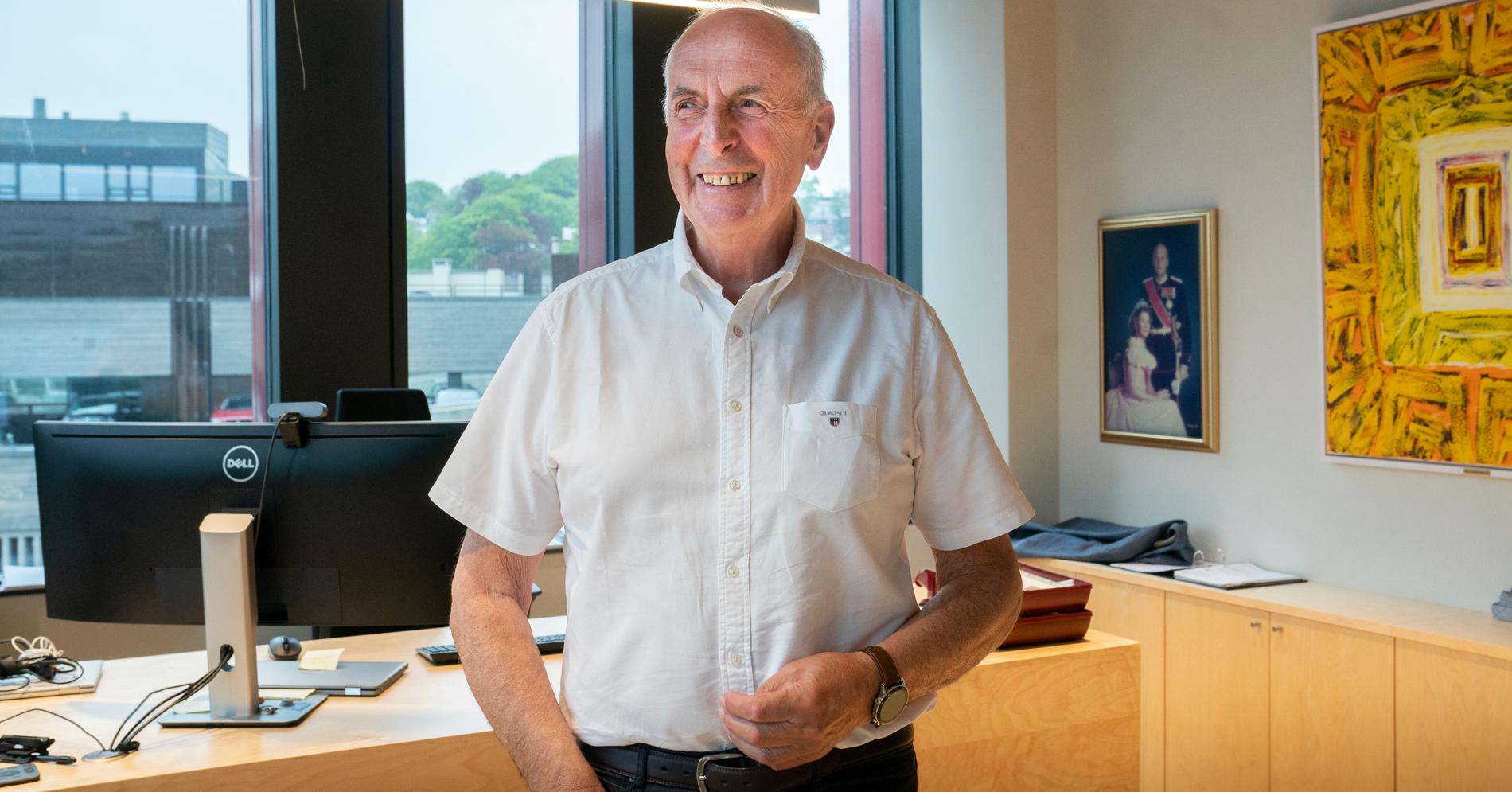In Moselle, 35% of pupils start German at kindergarten level. In secondary school, one out of two pupils decides to make it their first living language, while two out of three in the academy take German as their first or second language.
Four years after having ratified its “multilingualism and cross-border” framework agreement with Meurthe-et-Moselle, Meuse and Vosges, the rectorate of the Nancy-Metz academy signed this Wednesday, May 18 a tailor-made agreement with the Mosel. “We have a particular geographical location and cultural and historical specificities,” recalls Gilbert Schuh, vice-president in charge of cross-border relations. “For twenty years, the Department has been involved in learning German with German-speaking educational assistants. There were 8 of them in 2000, today there are 62 who accompany 8,300 pupils from kindergarten onwards, ”continues the elected official, specifying that his community has been in charge of their financing since the withdrawal, in March, from Europe.
–
A new bicultural school will open in Metz
“Our objective is to make pupils multilingual citizens open to cross-border territorial opportunities”, defends Jean-Marc Huart, rector of the Nancy-Metz academy. In practice, this agreement should make it possible to increase the number of schools in DEAA, a system which provides for 3 to 6 hours of in-depth German teaching per week and to have more bicultural schools such as the de la Seille to Metz which will become one in September. For their part, teachers will be offered training such as the German University Diploma (DU), created last year with the University of Lorraine and renewed in 2022, but also immersion internships with the Goethe Institut in Nancy. Cultural and artistic projects will be reinforced and a “multilingualism and cross-border” prize will be created in the academy. As many actions for which the vice-president of the Grand Est region, Christelle Willer announced an envelope, not yet voted, of 362,000 €.
–


